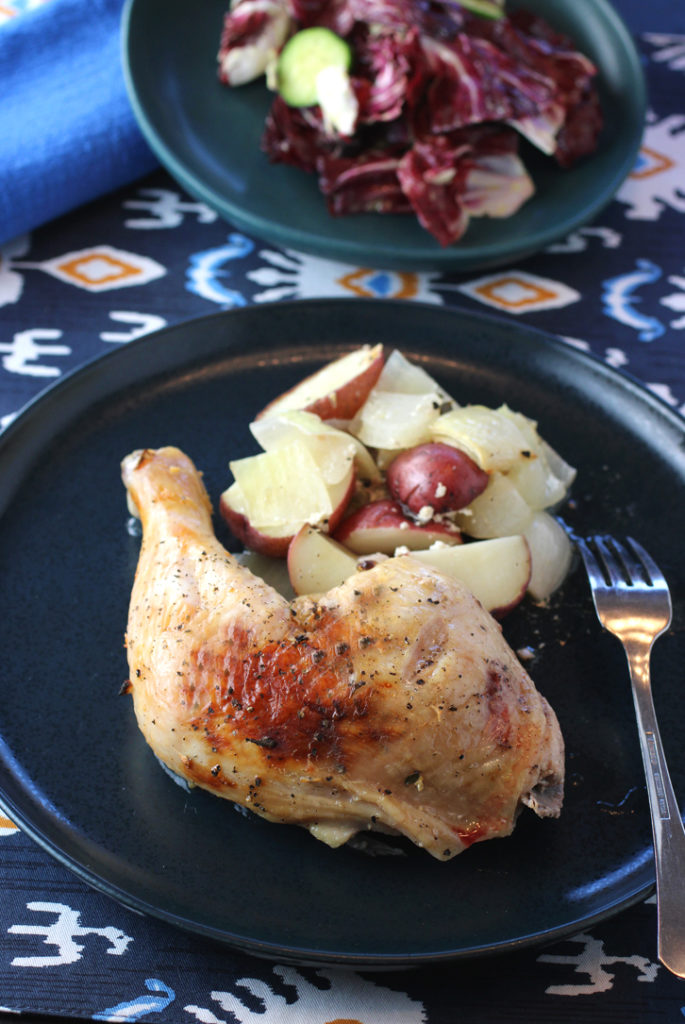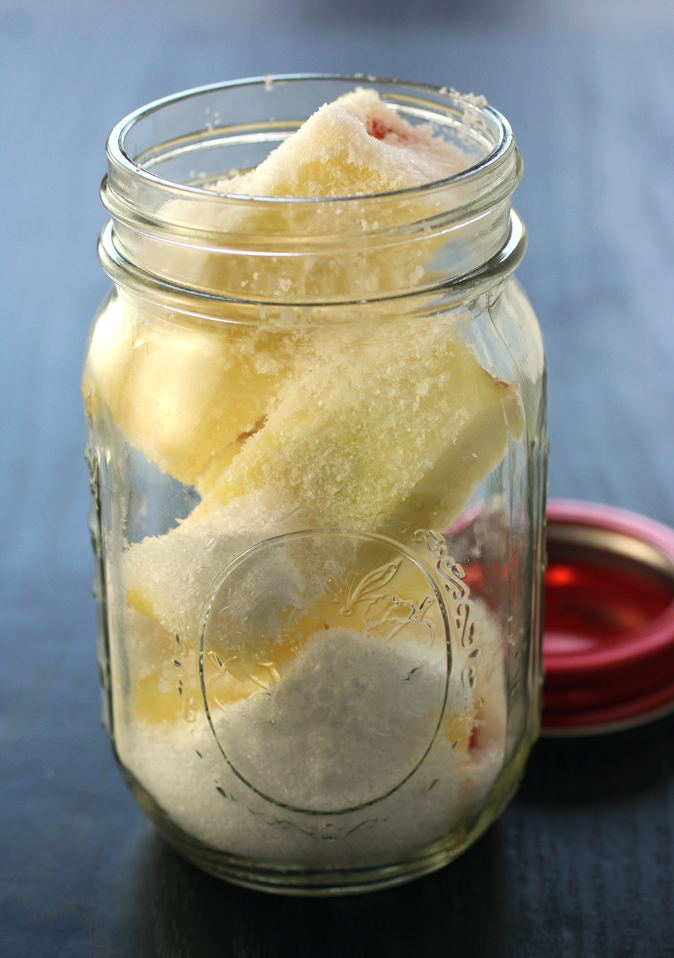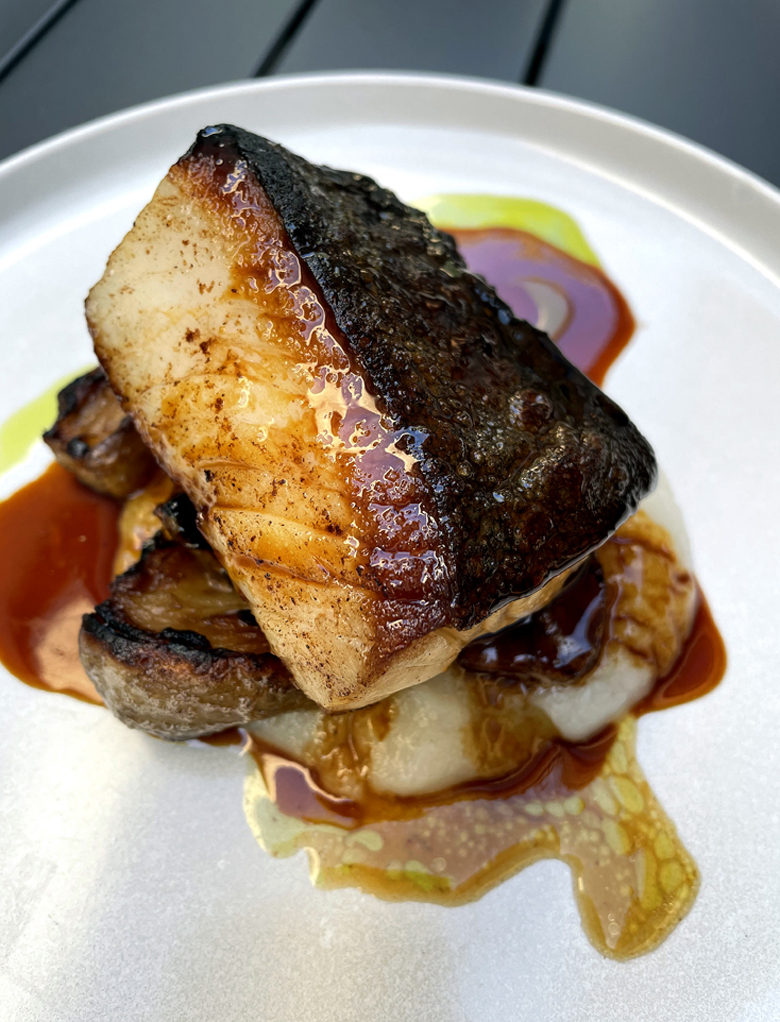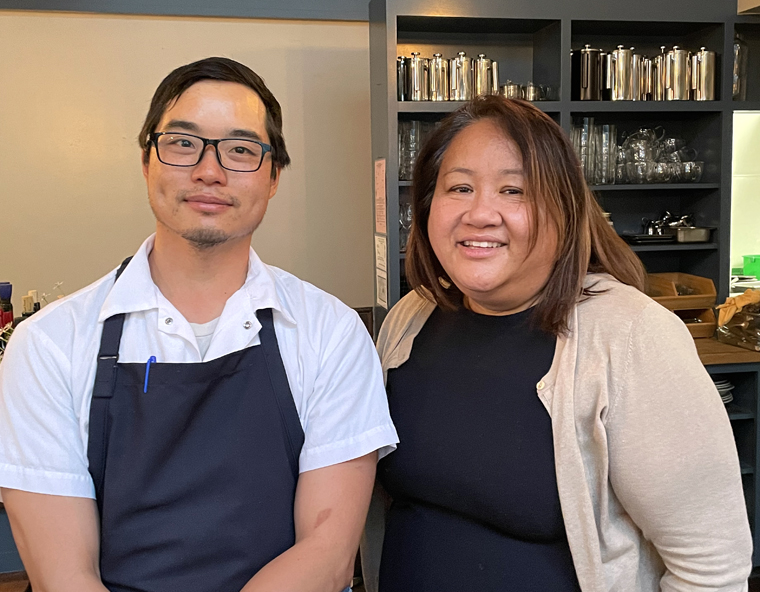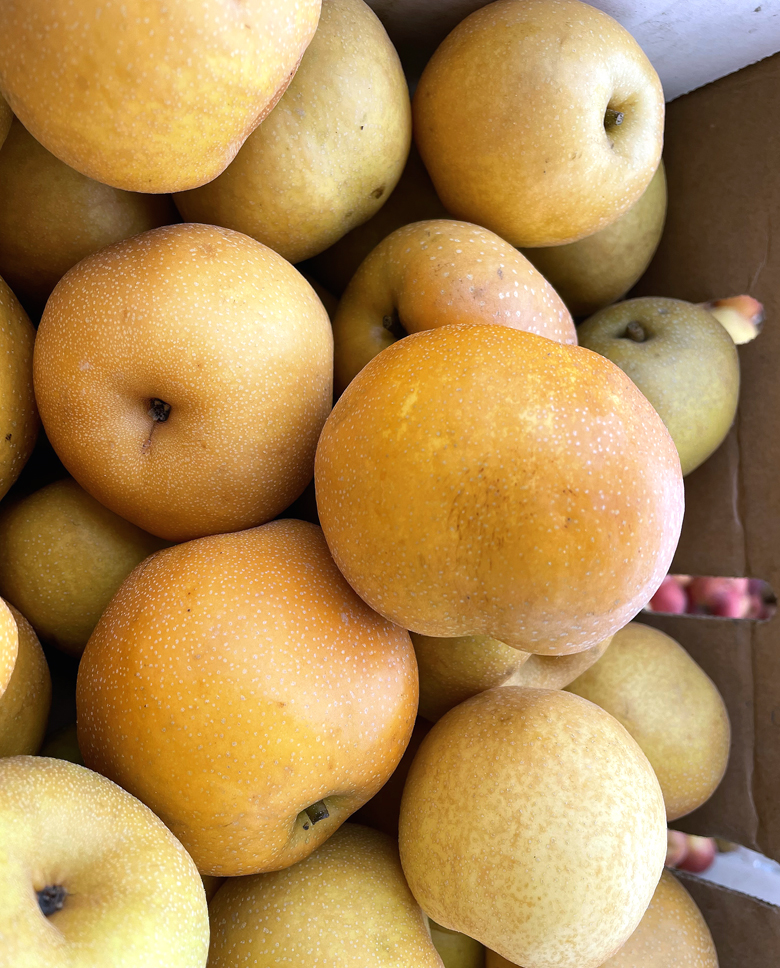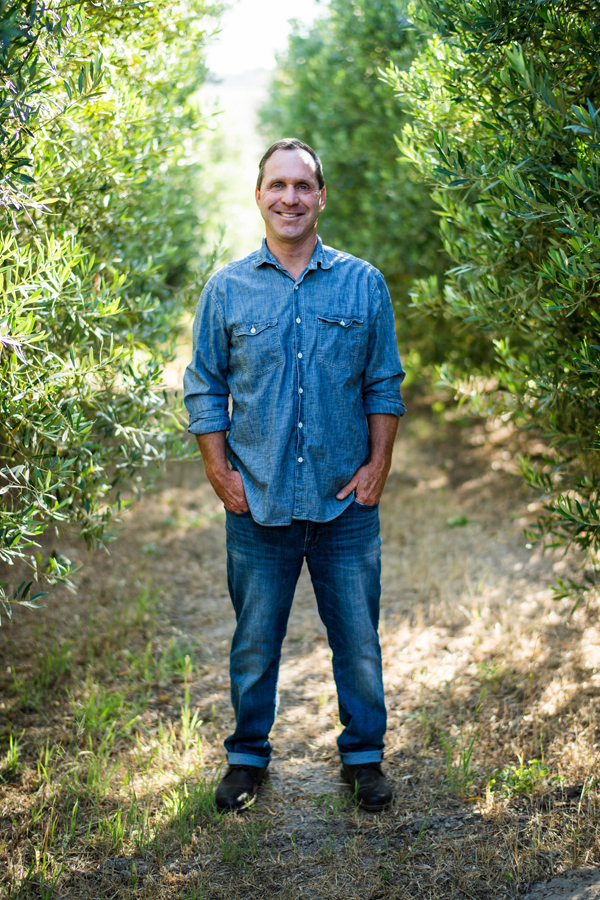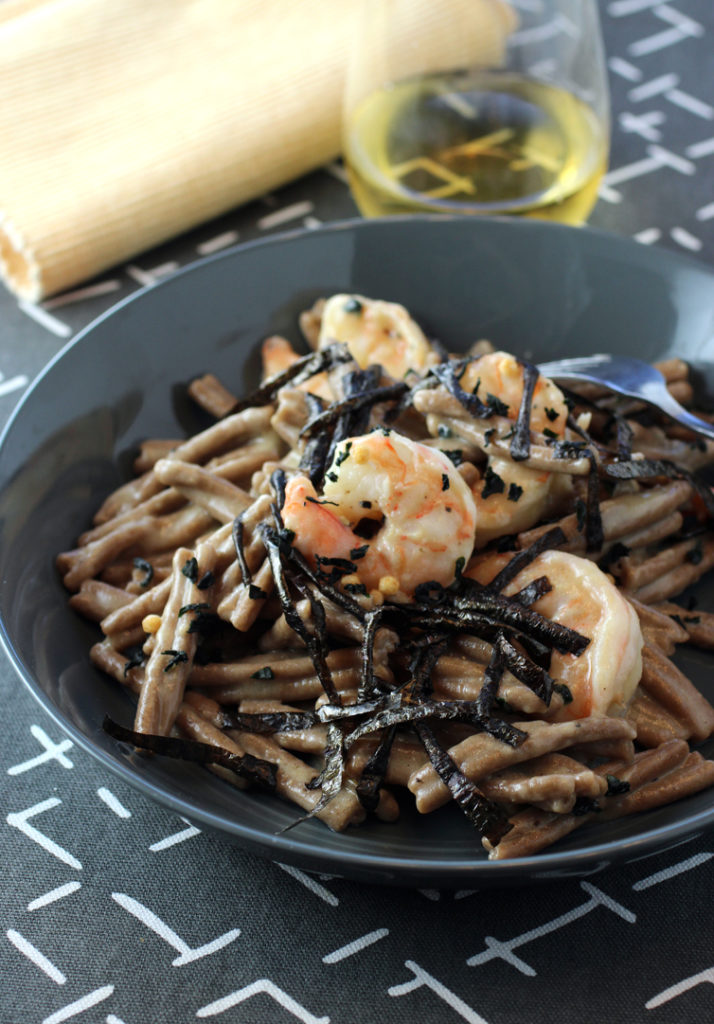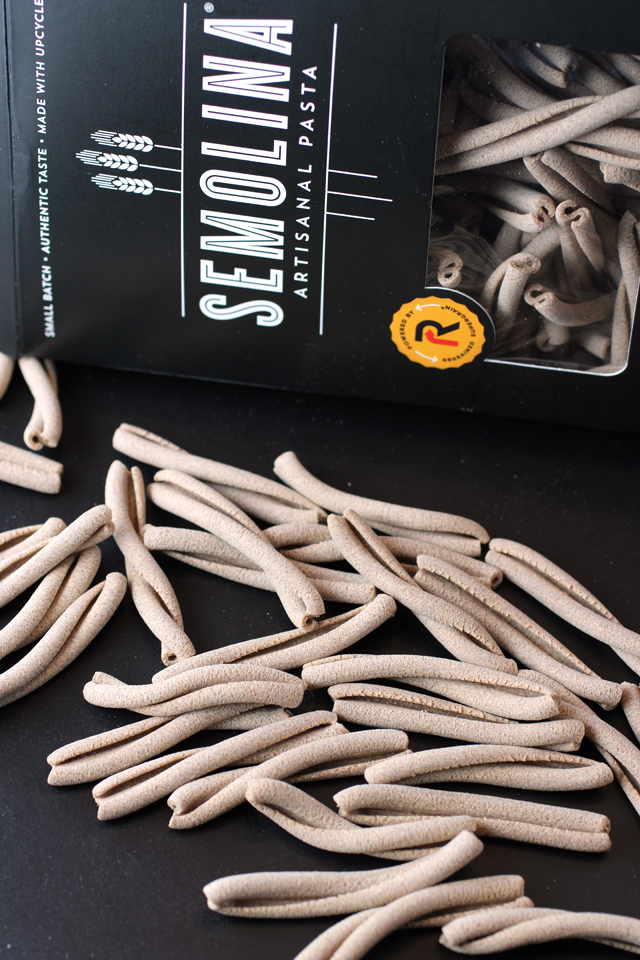What I’ve Been Drinking of Late, Part 19
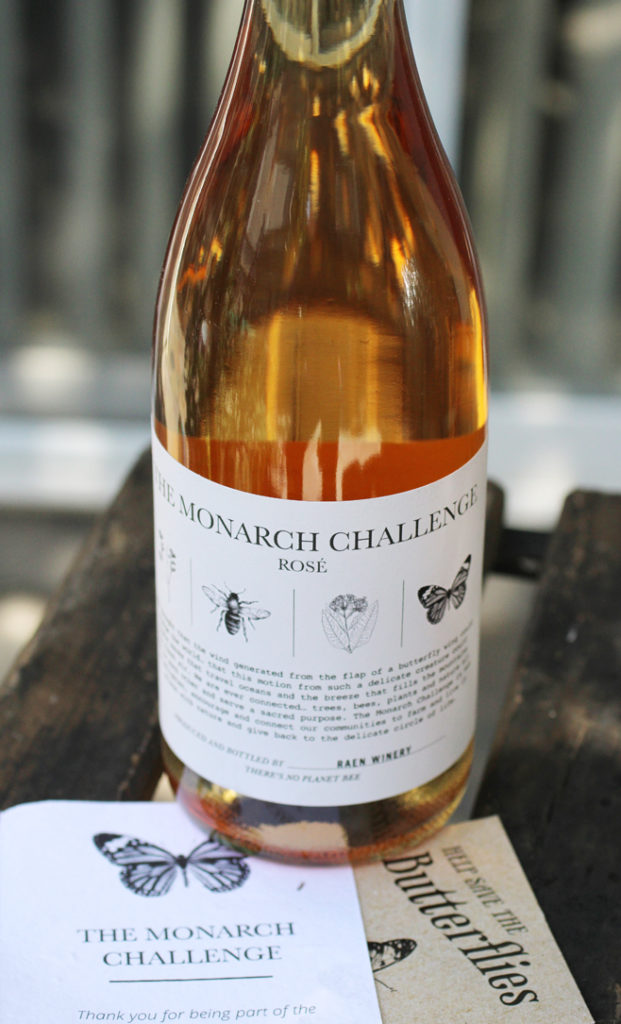
2021 Monarch Challenge North Coast Rosé
In 2016, Carlo Mondavi — yes, grandson of Robert Mondavi — created the Monarch Challenge to bring attention to the plight of the beautiful Monarch butterfly, whose population has been devastated since the advent of Roundup.
Every year since then, he and his brother Dante have produced a limited rosé through their RAEN Winery in Sebastopol to bring attention to this environmental calamity befalling this invaluable pollinator, and to inspire other like-minded vintners to do the same.
I had a chance to try a sample of this year’s 2021 Monarch Challenge North Coast Rosé ($30), sales of which will benefit the conservation organization, the Xerces Society, and Sonoma County Wildlife Rescue, dedicated to rescuing and rehabilitating sick or orphaned wildlife.
Produced from RAEN Pinot Noir grapes and old-vine Grenache, all farmed organically, this pale salmon wine is an exuberant expression of strawberries and raspberries, with a hint of guava. It is crisp, tangy, and laced with minerality. It’s pure deliciousness.
Read more
